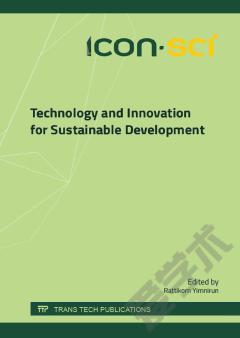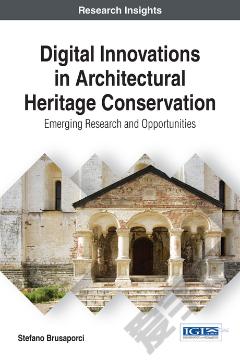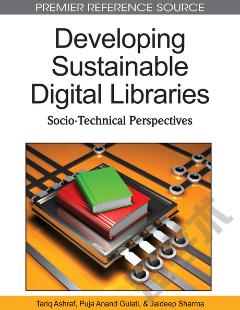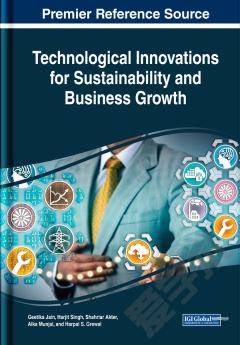Technology and Innovation for Sustainable Development: Turning Digital Disruptions into Opportunities
Fruits and vegetables pack with various antioxidant compounds which are known as an essential constituent for maintaining health. Unfortunately, the shelf life of fresh produces is short after harvesting. As a result, a dehydration process by converting freshly harvested parts into powders can be an alternative to extend the storage period. The powder delivers not only nutrients, flavor, color, and texture, but the dehydrated form is also easy for storage, transportation, and is used as an ingredient in healthy products. However, the loss of essential nutrients can besides occur during the dehydration process. In order to develop superfoods, choosing the type of fruits and vegetables which can maintain the highest both favor and nutritional is the most crucial consideration to gain the highest phytonutrients after the preservative process. This study was designed to explore and evaluate the potential of tropical Thai’s fruit and vegetable powders on antioxidant activity based on total phenolic compound (TPC) compared with the commercial superfoods outside the country. The TPC was assessed based on the Folin–Ciocalteu reagent (FCR), correlating with antioxidant capacities. Gallic acid equivalents (GAE) in milligrams per gram dry of the sample was expressed. The highest GAE of the imported product (from a total of nine samples) was found to be 11.32+0.09 mg whereas the highest level of the total polyphenols was found in Thai’s veggies (Teaw) and fruit (Emblica) at 152.16+11.10 and 134.82+2.27, respectively. These GAE values are higher than the GAE values of selected imported fruits and veggies, which are well known as superfood constituents.
{{comment.content}}








 京公网安备 11010802027623号
京公网安备 11010802027623号